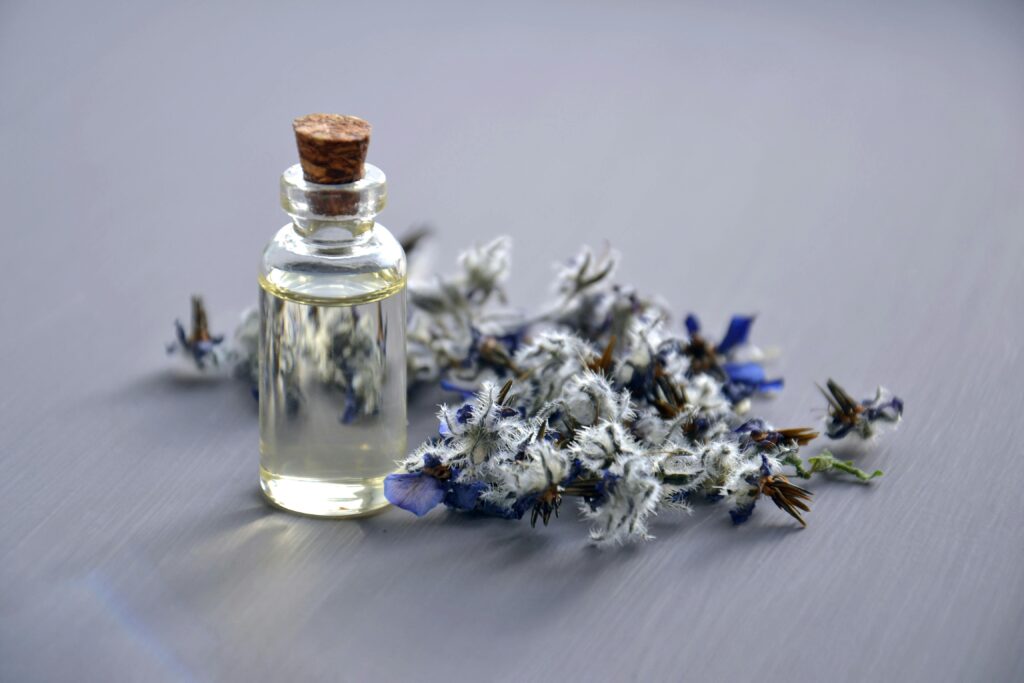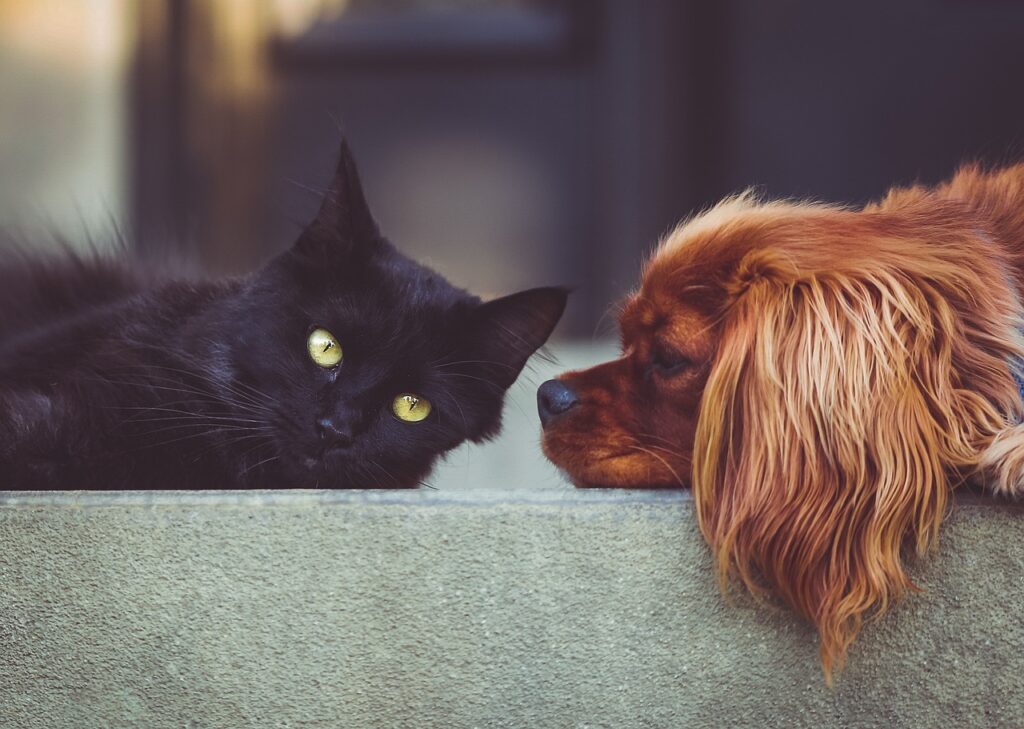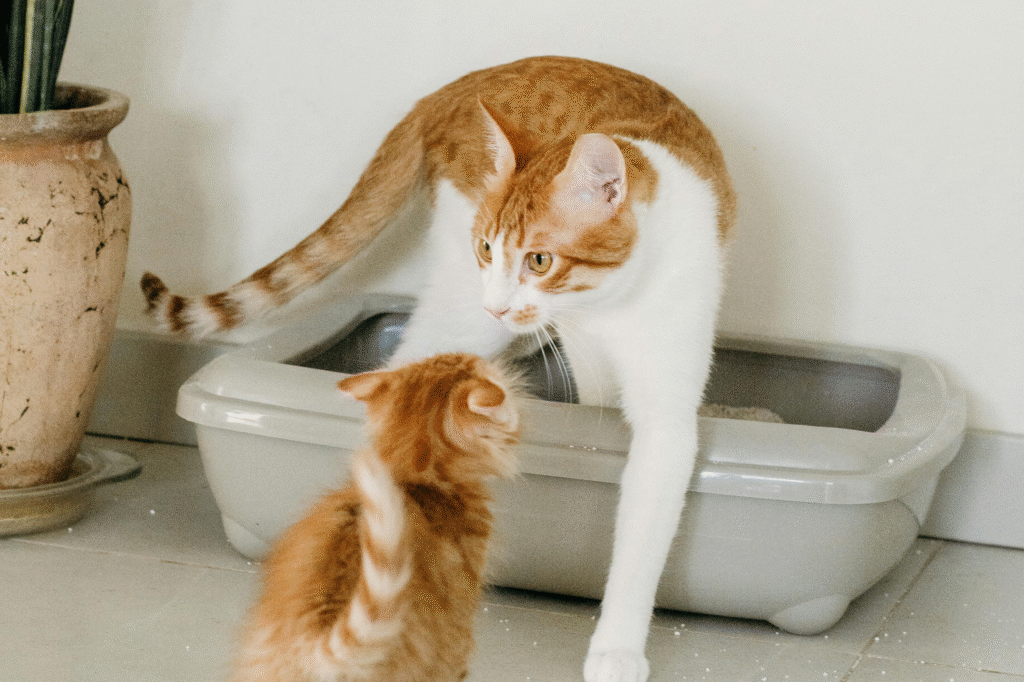Essential oils are often marketed as safe, natural alternatives to chemical-based products. But when you’re living with Multiple Chemical Sensitivity (MCS) or sharing your home with pets, not all “natural” options are as harmless as they seem.
Some essential oils are toxic to animals, and others can trigger severe reactions in chemically sensitive people. Today, we’re taking a closer look at two of the most commonly used oils—tea tree and lavender—to explain why even “natural” can be dangerous in sensitive households.
If you’re working toward a safer, fragrance-free, and pet-friendly home, here’s what you need to know.
Let’s break down the real risks of these popular oils, and what safer alternatives you can use instead.
❗ Tea Tree Oil: Natural Doesn’t Mean Pet-Safe
Tea tree oil is widely used for cleaning, skin issues, and bug repellents. But it’s highly toxic to both cats and dogs—and it’s a strong trigger for people with chemical sensitivities.
🚫 For Pets:
Even small amounts can cause:
- Drooling
- Tremors
- Vomiting
- Weakness
- Neurological issues
- Liver damage
According to the ASPCA and Pet Poison Helpline, tea tree oil is one of the most dangerous essential oils for pets. This applies to undiluted and sometimes even diluted forms.
🚫 For People with MCS:
Many of us with MCS experience symptoms like:
- Headaches
- Brain fog
- Chest tightness
- Respiratory distress
Even a small amount of tea tree oil in the air can trigger a full-body reaction.
⚠ Lavender Oil: Less Toxic, Still Risky
Lavender is often viewed as the gentler, calming essential oil. But that doesn’t mean it’s safe for everyone—or for pets.
🐾 For Pets:
- Lavender is toxic to cats. It contains compounds like linalool and linalyl acetate, which cats cannot metabolize. Exposure can cause vomiting, weakness, and liver stress.
- Dogs may tolerate small amounts, but ingestion or concentrated exposure still carries risks.
😷 For MCS Households:
Lavender is still a terpene-rich oil. It may be “natural,” but for chemically sensitive people, it can act just like artificial fragrance—causing fatigue, breathing issues, and headaches.
✅ Safer Alternatives for Bug Spray or Home Use
If you’re trying to avoid DEET or synthetic fragrances, but still want pest protection or scent support, consider these:
- White vinegar + water spray – Simple, affordable, and safe
- Unscented witch hazel (alcohol-free)
- Neem oil (well diluted)
- Fresh lemon balm or catnip leaves (not essential oils)
- Citronella plants (out of pet’s reach)
We’ll be sharing a DIY pet-safe, fragrance-free bug spray soon. Subscribe to get the recipe in your inbox first!
🌿 “Natural” ≠ Safe for All
Essential oils are plant-based, but they’re also highly concentrated chemical compounds. For chemically sensitive people and pets, they can cause real harm.
Always ask: Is it safe for my body and my pet’s body?
🐾 Want to Learn More About Living Chemical-Free With Pets?
Learn how we’re toilet-training our cat for a fragrance-free lifestyle!
✨ Final Thoughts
If you live with MCS or just want to protect your pets, skipping essential oils like tea tree and lavender is a smart move. There are plenty of truly safe, non-toxic options that won’t harm your furry friends—or trigger your symptoms.
Let’s keep our homes safe, gentle, and healing—for every species that lives there.
📬 Stay in the Know
Sign up for the HealNoMeds newsletter for more safe-living tips, recipes, and pet-safe DIYs.



